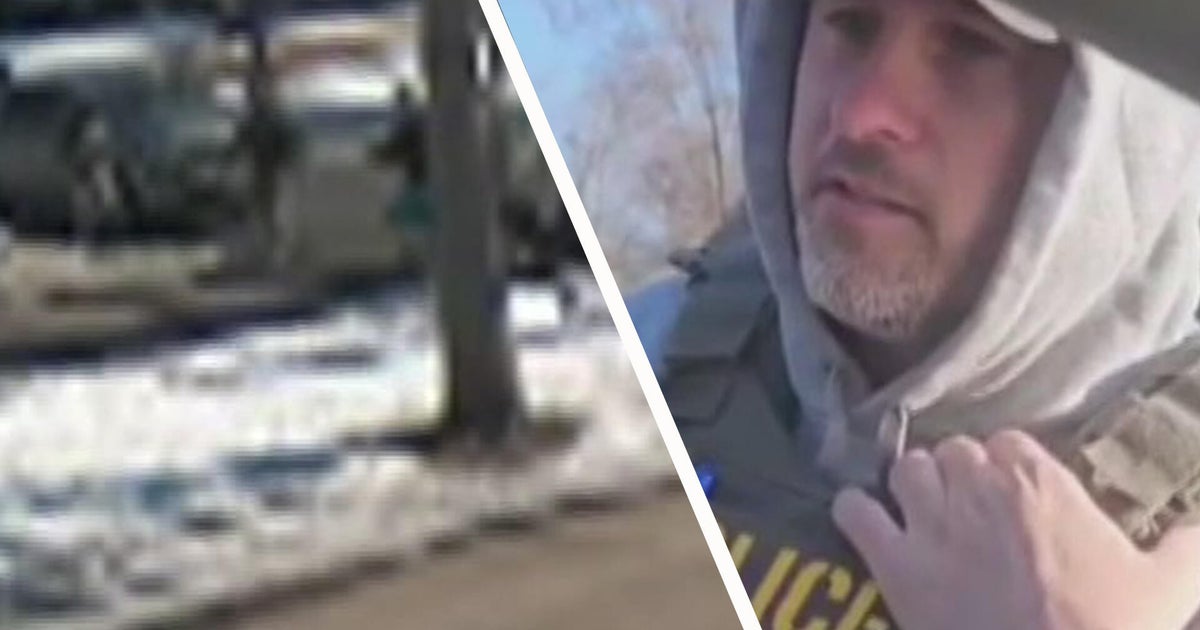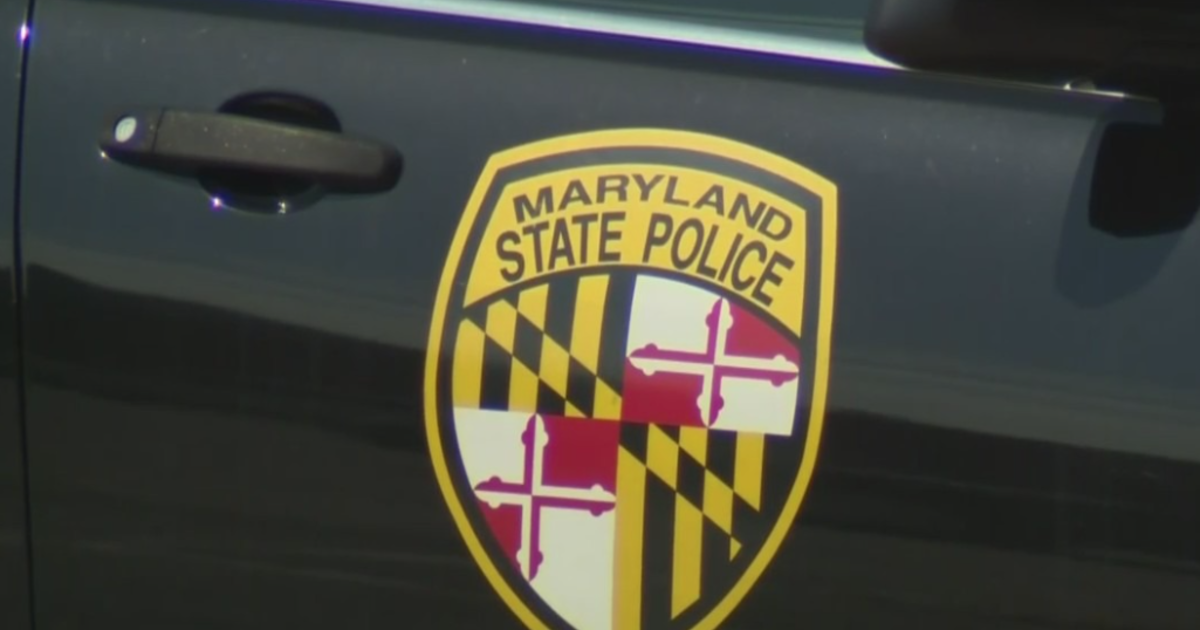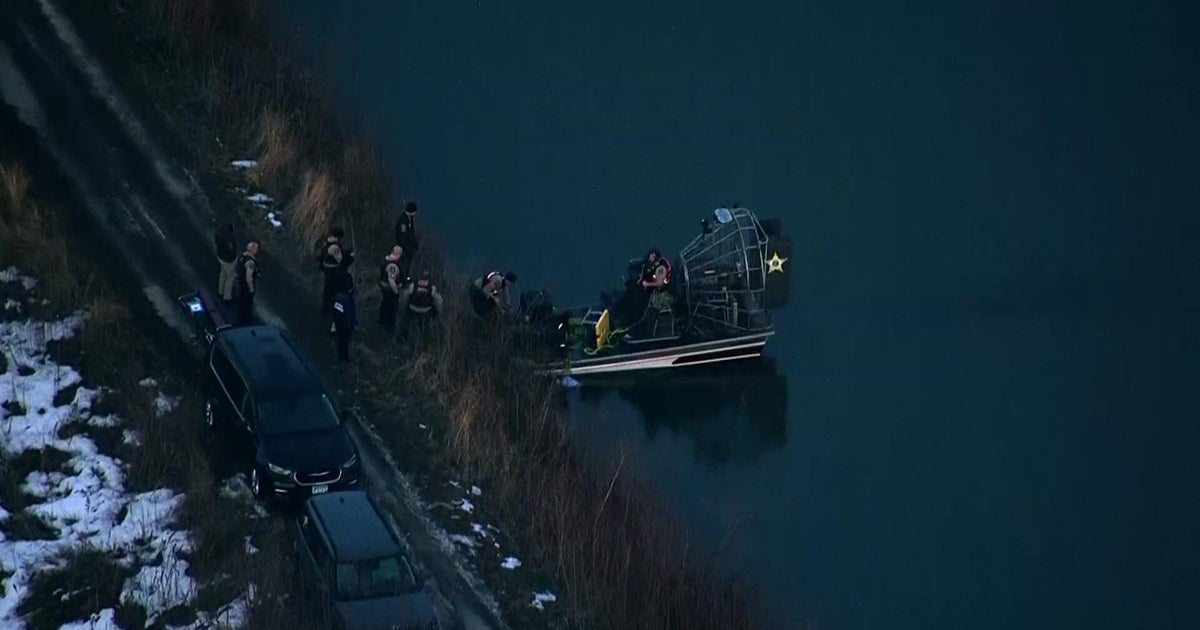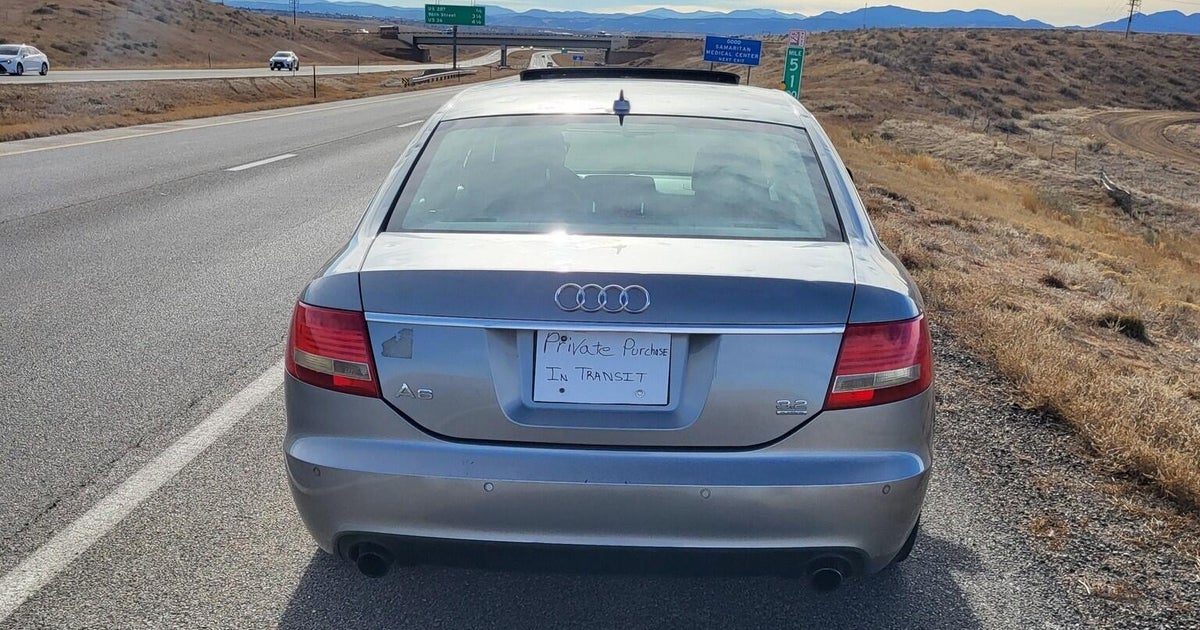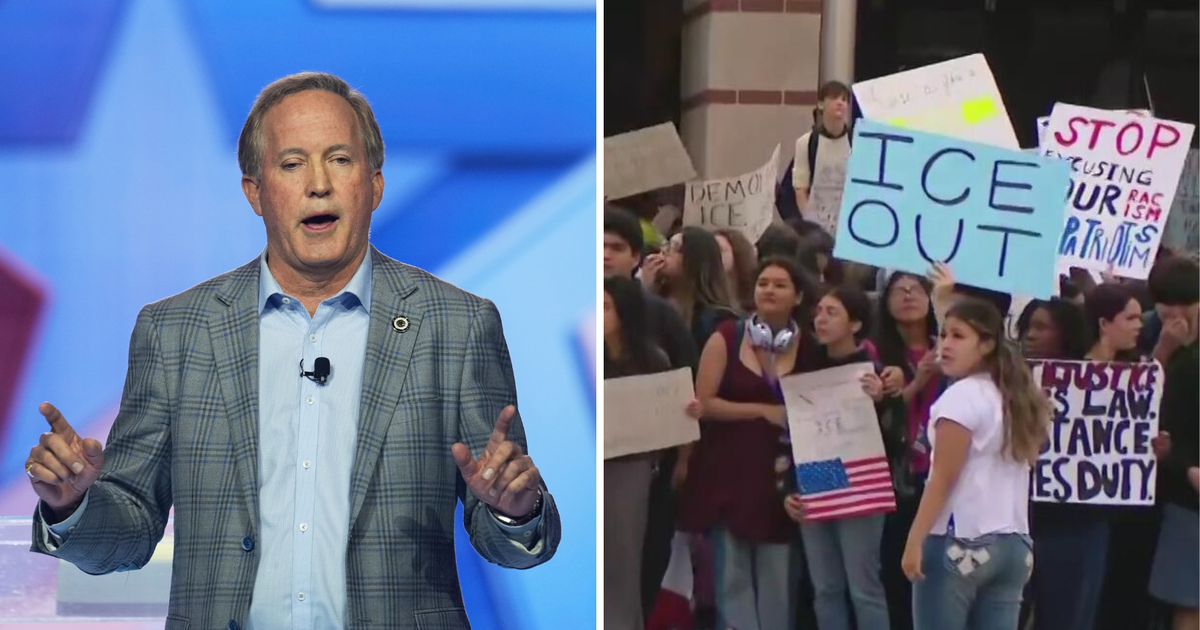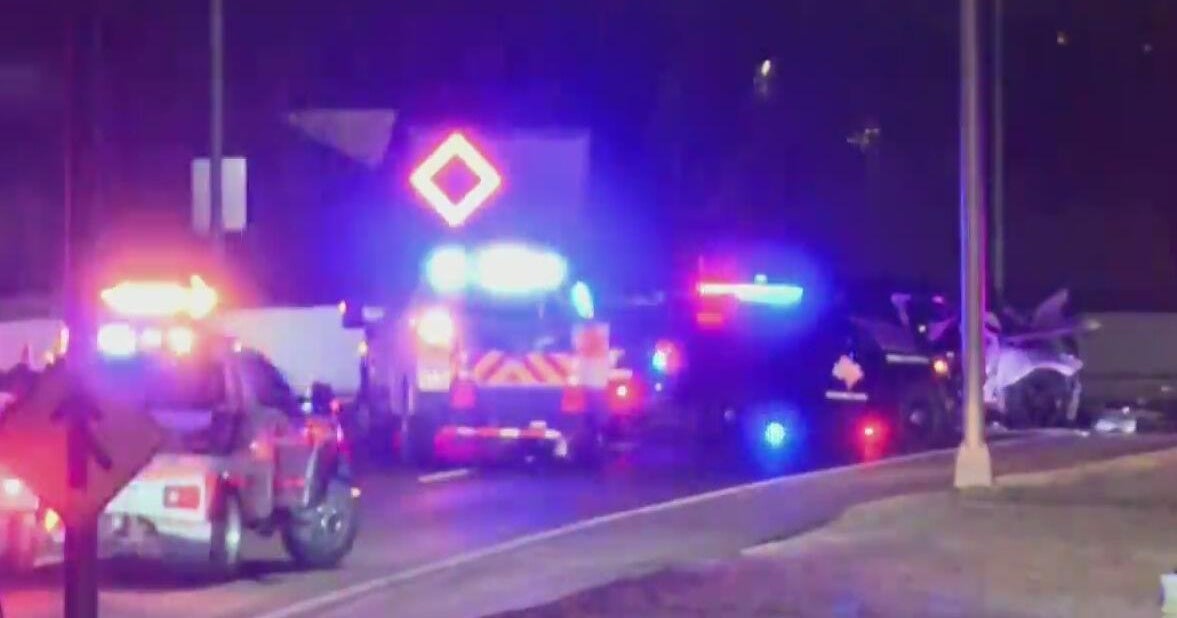Good Question: Why Can't Minnesota Police Set Up Checkpoints?
MINNEAPOLIS (WCCO) - Minnesota State Troopers arrested 94 people for drunken driving on St. Patrick's Day. It was lowest number for the holiday in six years. Year-round DWI arrests across Minnesota are also down – for eight years straight – even though we are one of 12 states that don't allow sobriety checkpoints.
So, why are checkpoints illegal in Minnesota? Good Question.
"Because the Minnesota Supreme Court ruled that you need an individual reason to stop a driver before making a stop, even though the federal constitution was ruled by the U.S. Supreme Court to not require that," said Jim Conway, an attorney with Jaspers, Moriarty and Weatherville.
Sobriety checkpoints were publicly announced and conducted in Minnesota in the early 1990s after a U.S. Supreme Court decision ruled the public benefit of safety outweighed the private cost to a person's liberty. Mothers Against Drunk Driving (M.A.D.D.) are big supporters of these checkpoints because they say studies show random stops can reduce drunk driving crashes and deaths by as much as 24 percent.
But, in 1994, the Minnesota Supreme Court ruled the opposite way in a case brought about by drivers stopped at a checkpoint in Burnsville. It ruled the checkpoints violated the section of the state Constitution regarding unreasonable searches and seizures.
"The Minnesota Supreme Court looked at it and said, 'Yes, we agree the Minnesota constitution requires police to have an articulable suspicion on why they're stopping to driver before making the stop,'" Conway said. "It means they need to have an individualized reason for stopping you. They can't just stop every driver. They have to think, 'Okay, you're swerving in your lane so I'm going to stop this particular car.'"
A change in Minnesota's law would require changing Minnesota's constitution, which would be difficult given any amendment would have to be approved by voters. That difficulty is the reason why checkpoints aren't the top priority of the Minnesota chapter of M.A.D.D.. Instead, they're focusing on strengthening the state's Ignition Interlock laws.
